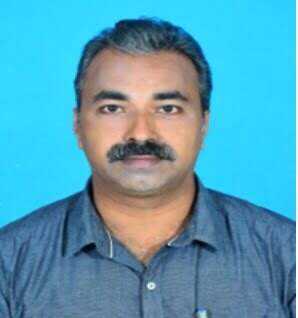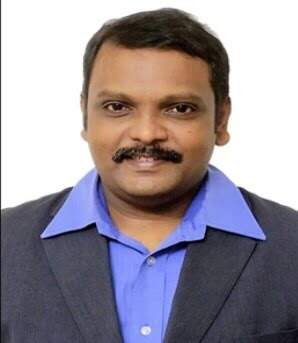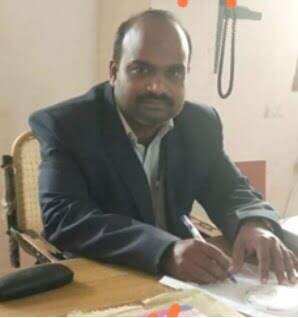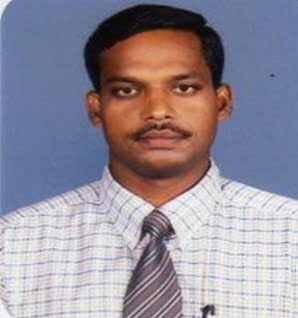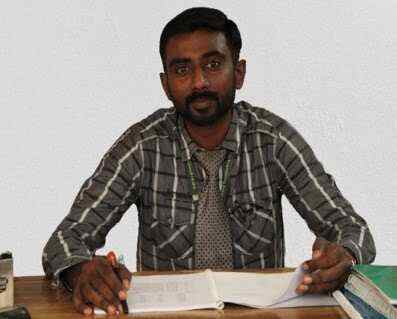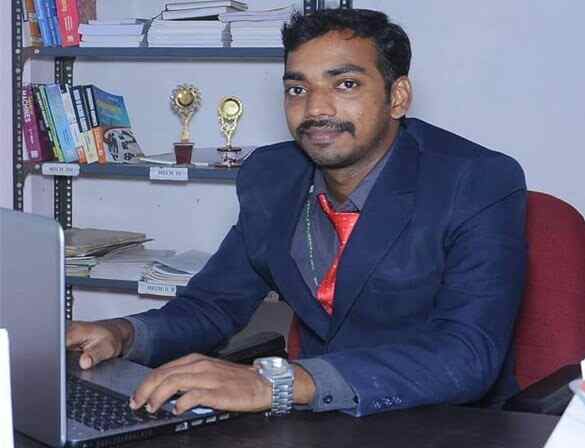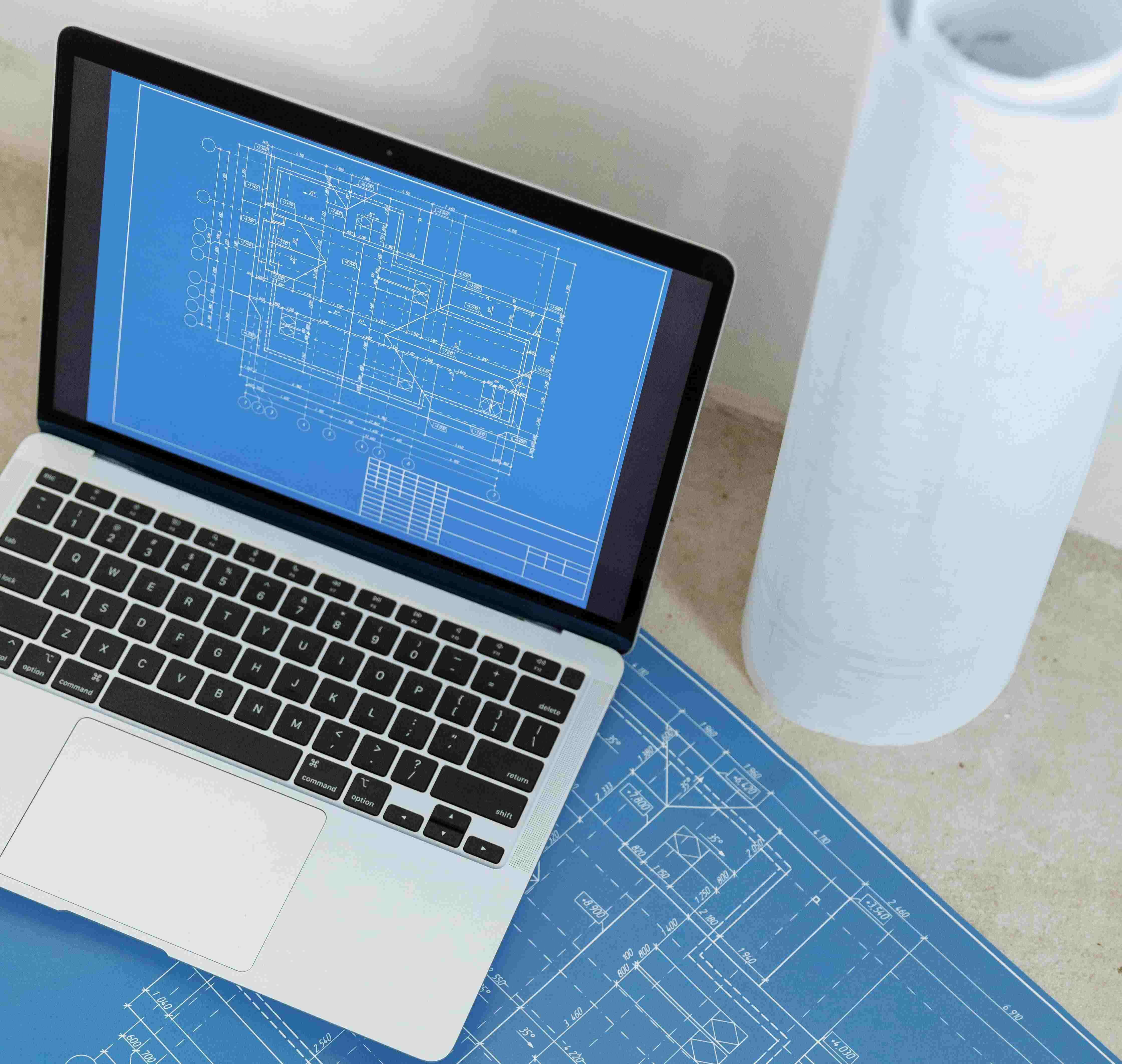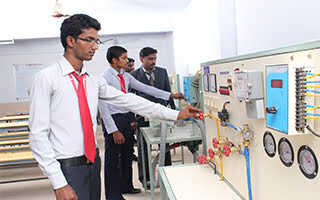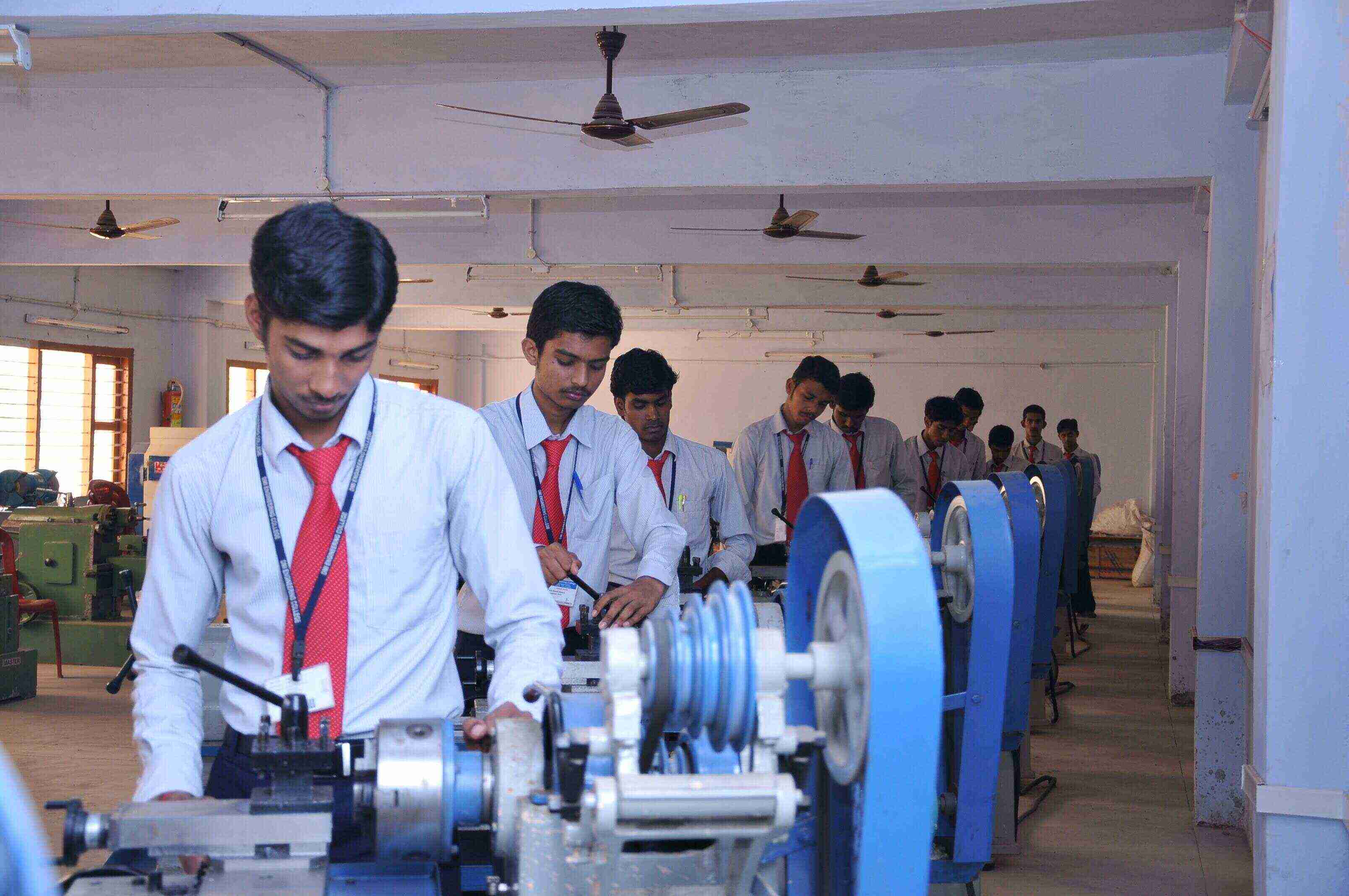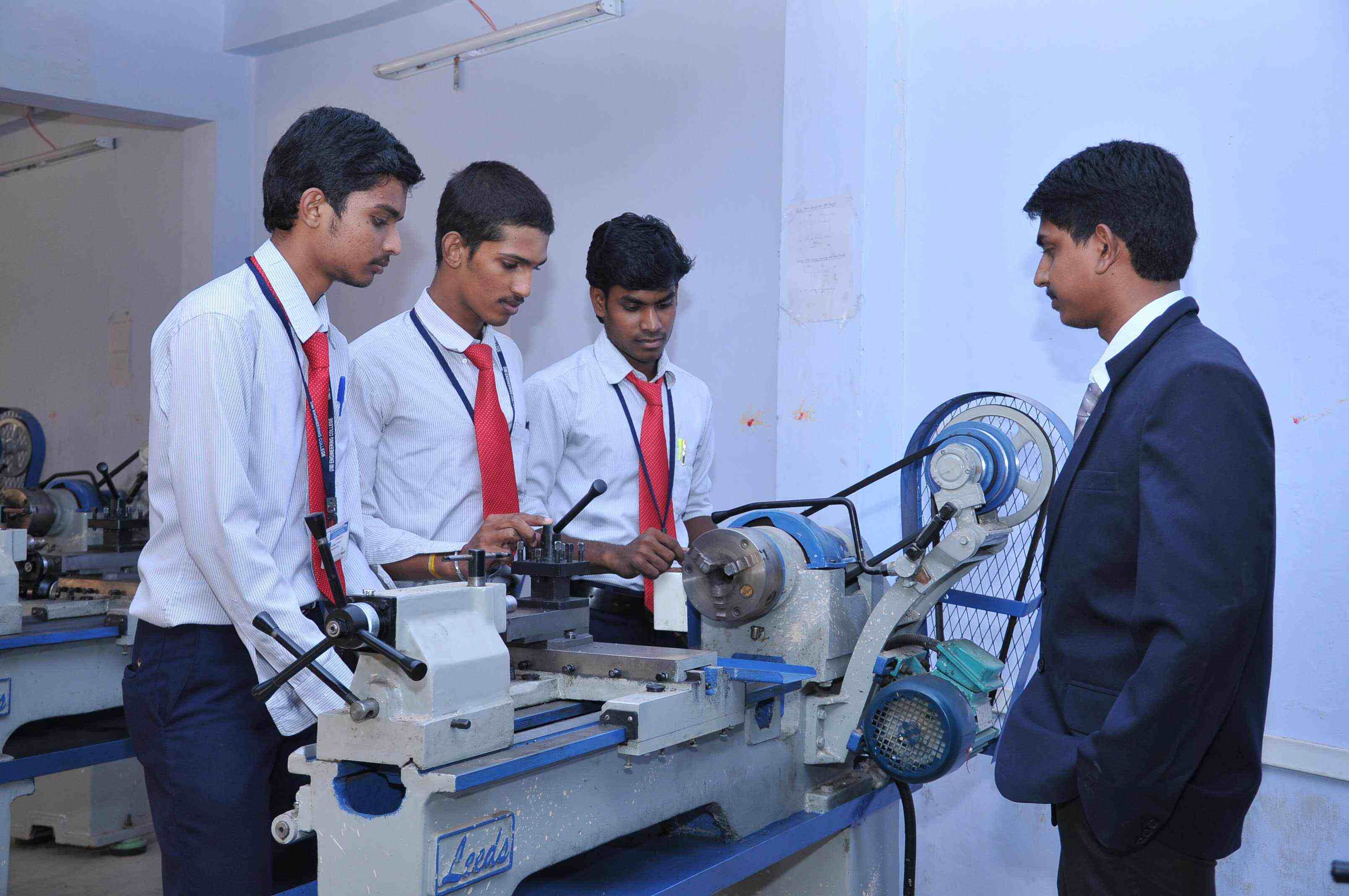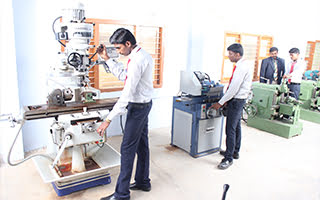The Mechanical Engineering Department at DMI Engineering College, established in 2009, is a premier center for learning and innovation.The department boasts a team of well-qualified and experienced faculty, with 80% holding Ph.D. degrees. They are dedicated to providing a comprehensive education that combines technical training with ethical, moral, and spiritual development. The department focuses on cutting-edge areas like robotics, Drone technology, and sustainable energy. It has forged strong industry connections through MOUs with organizations such as TUV Rehinland, Ford India, and Garuda Aerospace. Students develop problem-solving skills, critical thinking, and collaboration, making them highly sought after by top companies. Graduates of the Mechanical Engineering Department go on to make a positive impact in the field, leveraging their knowledge and skills to drive innovation and progress.

